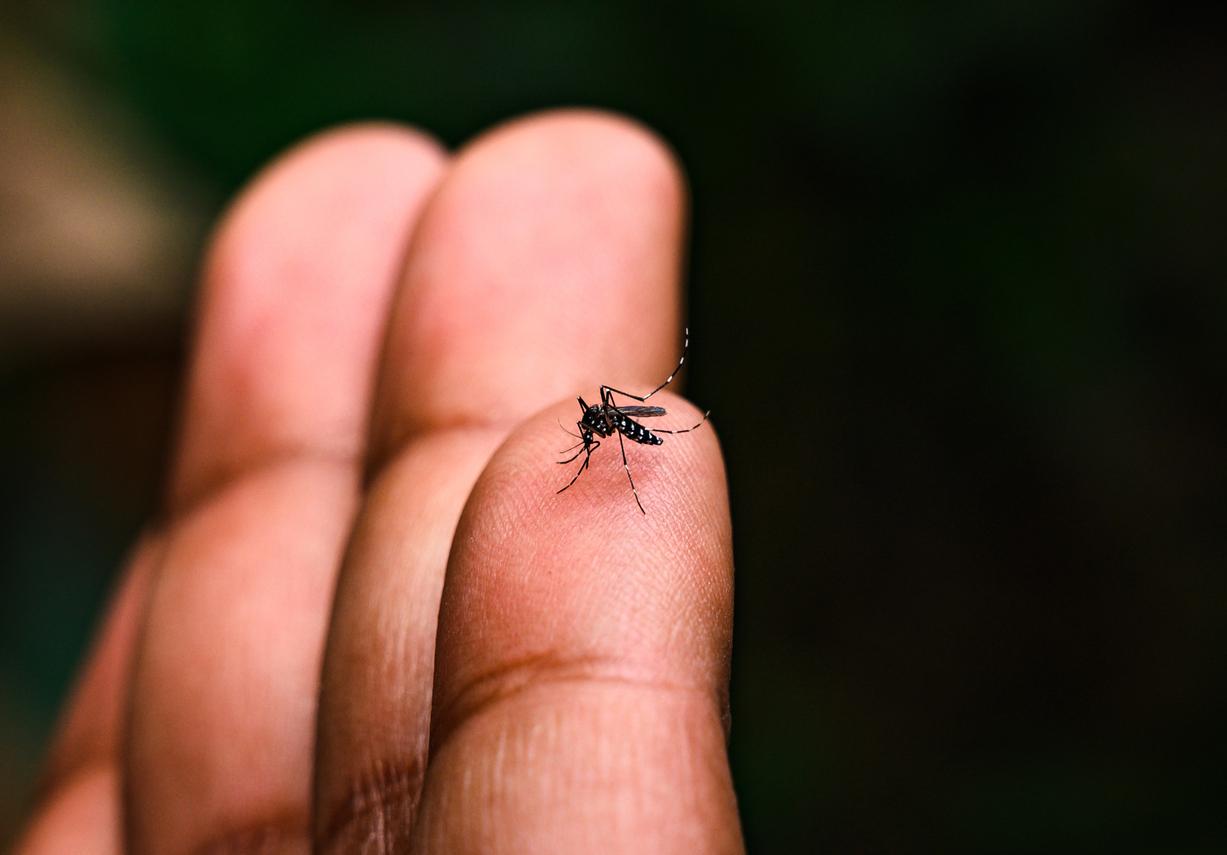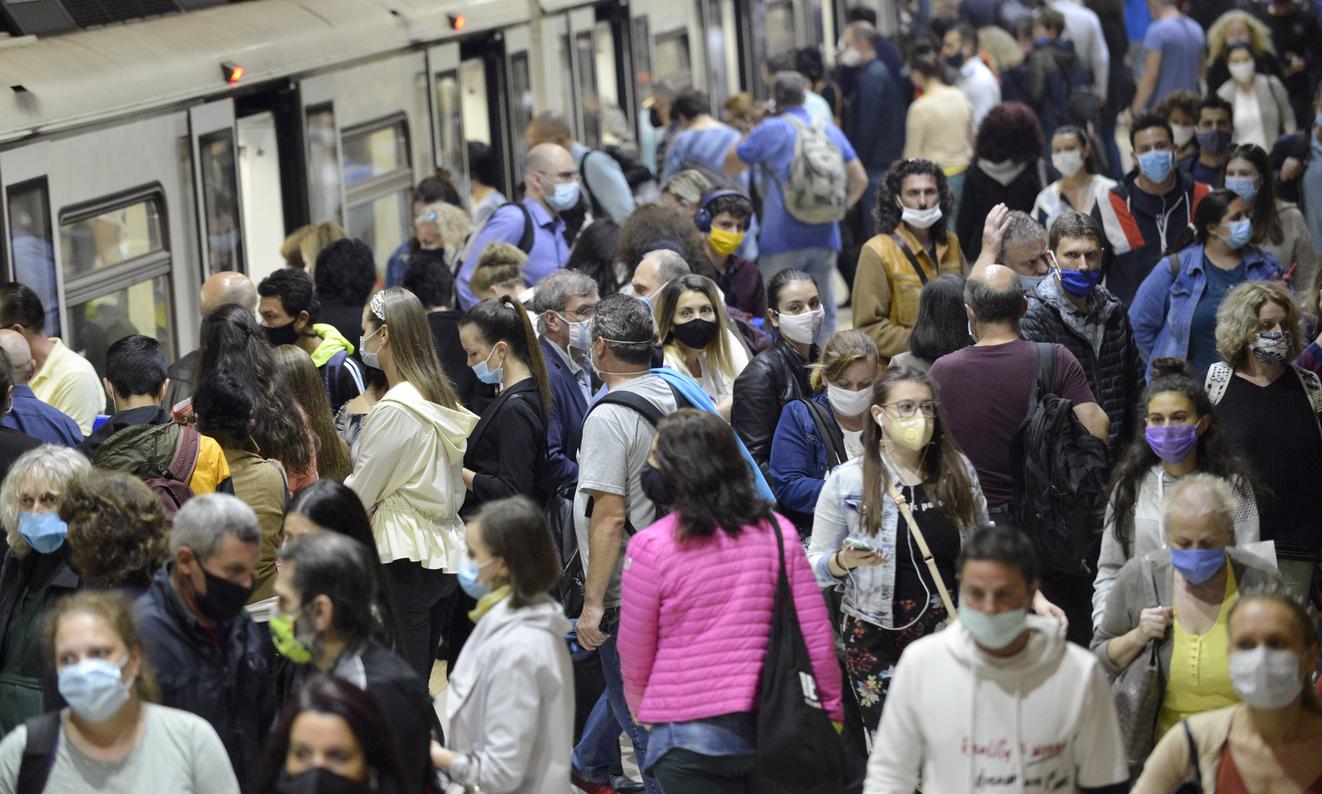
Symptoms and complications
The first symptoms of measles are common. It can be a high fever, cough, and runny nose, which makes the disease often confused with other viral infections. This is followed by swelling of the eyelids, redness of the eyes, as well as a rash, sometimes accompanied by lymph nodes.
These red spots, a hallmark of measles, first appear behind the ears and on the forehead, around 15 days after the infection has taken place. These spots then progress on the face, neck and then on the rest of the body.
The symptoms of measles last for a fortnight, weakening the patient and making him vulnerable to other viral illnesses.
It should be added that complications can sometimes occur, and require hospitalization. Cases of acute otitis, laryngitis or bronchopneumonia have been noted. More occasionally, abdominal pain causing diarrhea, liver and kidney damage may be observed.
Neurological complications have been identified in extremely rare cases.
Treat and prevent: the problem of vaccination
There is no specific treatment for measles. Once contracted, only symptoms, such as fever or cold, are fought independently. It is therefore necessary to take the usual precautions to avoid the proliferation of the virus, such as, for example, regularly ventilating the rooms in order to renew the air.
The World Health Organization (WHO) aims to eradicate the virus. To do this, it relies on prevention and the absence of transmission through vaccination, which provides lifelong protection against measles.
The National Institute for Prevention and Education for Health (INPES) and the Ministry of Health are also supporting this, in particular with the establishment of a campaign in favor of vaccination. (/info-rougeole.fr/plus.html)
A worrying epidemic
The figures are worrying: around the world, around 450 children per day die from measles. It is estimated that in 2008 164,000 people died from measles.
In France, in 2011, 14,600 infected people reported to the National Institute for Sanitary Surveillance (InVS).
Eradicate measles
Elimination of the virus is possible, but it can only happen if vaccination coverage increases considerably. The number of people immunized against measles thanks to the vaccine is currently too low to limit the spread of the virus.
Indeed, only a coverage of 95% of the population would be sufficient to eradicate this infection which can only be transmitted by humans.
Presented as the only solution to measles, vaccination remains a subject of controversy in Europe. The measles problem therefore remains in abeyance â € ¦
Sources:
www.inpes.sante.fr
www.who.int/fr (WHO site)
www.rougeole.ca
Anaïs Lhôte – PasseportSanté.net















